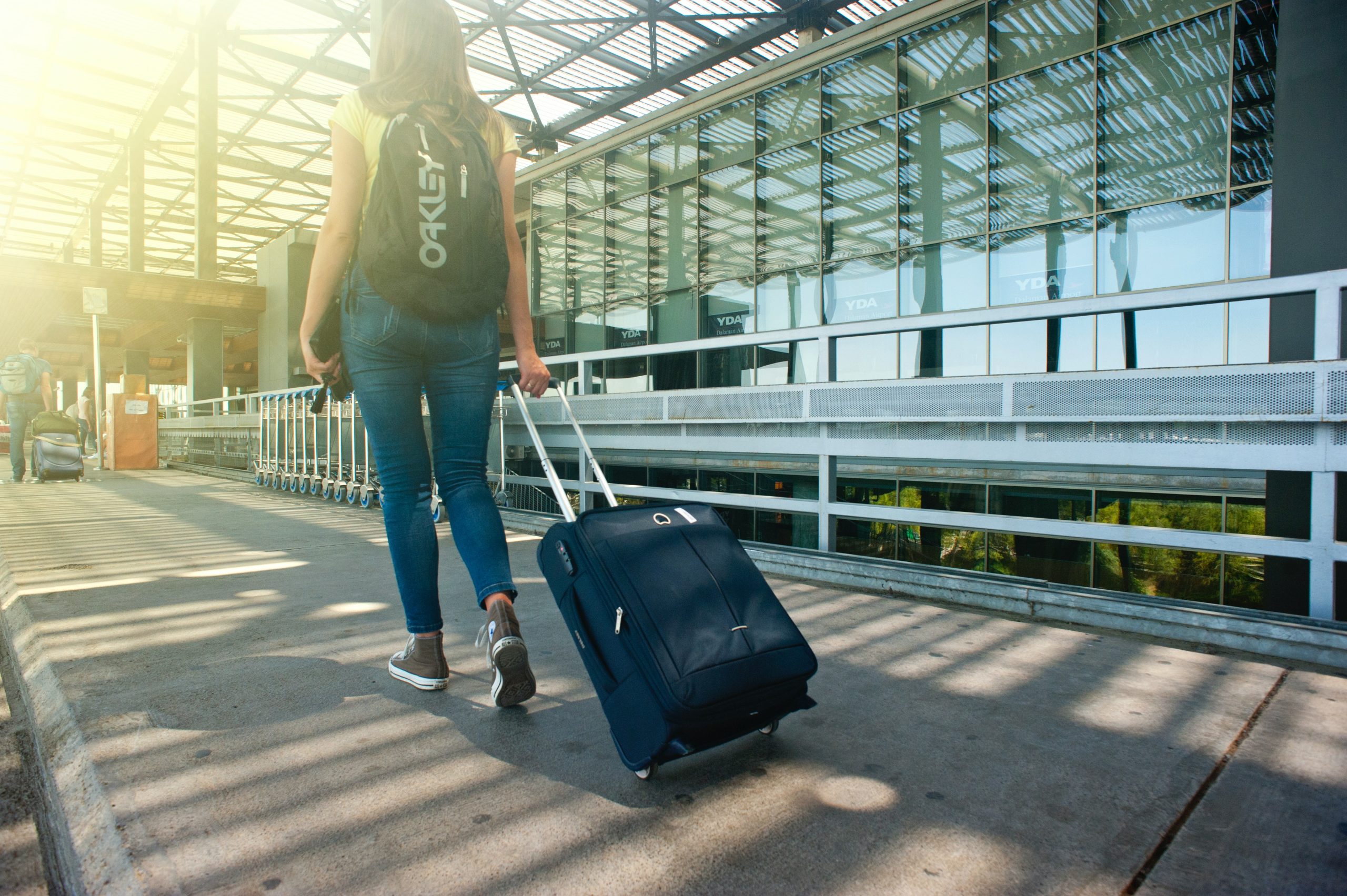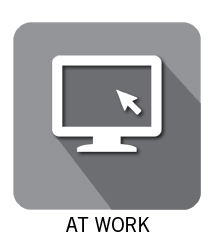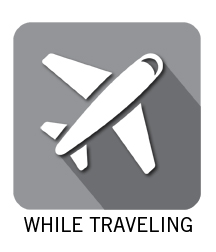
While Traveling
Petty thieves prey on travelers, especially on those who appear lost, confused or alone in an unfamiliar environment. These tips can help you protect yourself from petty crime:
Protect Your Money
- Avoid carrying large amounts of cash. Use traveler’s checks and change them only as you need currency. Countersign traveler’s checks in front of the person who will cash them, not beforehand.
- Avoid carrying a purse or wallet. You will often be in crowded areas that are prime hunting grounds for pickpockets and purse-snatchers.
- If you must carry a wallet, wrap it in a rubber band – this creates friction, making it harder to pickpocket – or use a chain to attach your wallet to a belt loop.
- If you must carry a purse, keep it closed, place the strap over one shoulder (not around your neck), keep the purse to your front and keep your hand on it.
- Do not use fanny packs or tummy packs – these advertise where your valuables are.
- Do not flash large amounts of money when paying a bill. If paying in cash, give the vendor an amount close to the purchase price.
- Deal only with authorized agents when you exchange money, buy airline tickets or purchase souvenirs. Do not change money with unauthorized individuals. Keep copies of all exchange transactions and receipts for purchases.
- Try to keep credit cards in sight during entire transactions and ensure they are returned to you before you sign the voucher. Write the amount of the transaction, in your own handwriting, in the signature block; this helps protect you against merchants who might alter the amount on your credit slip after you leave. Insist on a copy of the voucher and all carbons.
Know Your Surroundings
- Thieves frequent transportation centers, historical sites and tourist attractions.
- Common ploys used by thieves to distract you include jostling in a crowd, spilling something on you, or asking you to hold an infant.
- Do not become isolated in downtown areas of large cities, especially after dark.
Protect Your Belongings
- Leave spare cash, jewelry, passports, tickets, and personal papers in a secure place such as a hotel safe.
- Never leave valuables in open view in a parked car. Lock items in your trunk instead.
- Report lost or stolen possessions immediately to the local police.
- Keep a copy of the police report for future insurance claims and as an explanation of your loss.
- After reporting missing items to the police, report the loss or theft of: traveler’s checks to the issuing company; credit cards to the issuing company; airline tickets to the airline or travel agent; and passport to the nearest U.S. Embassy or Consulate.
In the Hotel
- Be alert for people watching your movements, who look out of place or who follow you; report suspicious people to the front desk.
- Keep all locks locked.
- Keep the door closed and engage the dead bolt and privacy latch or chain at all times. Use a doorstop (bring one with you).
- When asleep, do not leave valuables in the open. Stow watches, jewelry, wallets, purses, cameras and laptops in a nightstand, bureau or suitcase.
- Keep cash, valuables, tickets, passports and other personal documents in the hotel or room safe. If no safe is available, keep those items with you or lock them in your suitcase.
- Lock in your luggage personal and business documents, printed stationary, laptops, and other large valuables that do not fit in a safe.
- Keep a “do not disturb” sign on your outside door at all times, giving the impression that the room is occupied – whether it is or not.
- Call housekeeping only when you are ready for the room to be cleaned. Be present or nearby, if possible, when the cleaning takes place. Do not place the “Maid Service” sign on the doorknob; this is a signal to thieves that the room is unoccupied.
- When out of the room, always leave the television or radio and a light on.
- Carry your room key with you instead of leaving it at the front desk. If possible, remove the key from the hotel key ring during your stay.
- Thieves determine if a person is in his or her room by checking the room mail slot or key board or by calling the room on the house phone.
- When returning to your room, do not unlock the door if a stranger is standing nearby; keep walking past your door and return only when clear. Do not enter if the door is ajar or not locked. Request assistance from someone at the front desk.
- Do not open your door to anyone unless the person is expected or known to you. If you question the authenticity of a hotel service employee, verify it by contacting the front desk before allowing entry.
Mexico: Protocols for Travelers and Expatriates
Several border cities have suffered an increase in violence in past years, some of which has been directed against U.S. citizens. Visitors to the U.S.-Mexico border region and northern cities such as Chihuahua City, Ciudad Juarez, Culiacan, Matamoros, Monterrey, Nogales, Nuevo Laredo, Reynosa, and Tijuana, have experienced a dramatic rise in general and violent drug-related crimes. Authorities have devoted large numbers of troops and resources to deal with the crisis, but these measures have yet to produce significant results. While travelers generally are not targeted by drug cartels they face a high risk from collateral violence and damage due to clashes between rival cartels and cartels against security forces. All tourists are strongly encouraged to remain alert and aware of their surroundings at all times. >Read more


